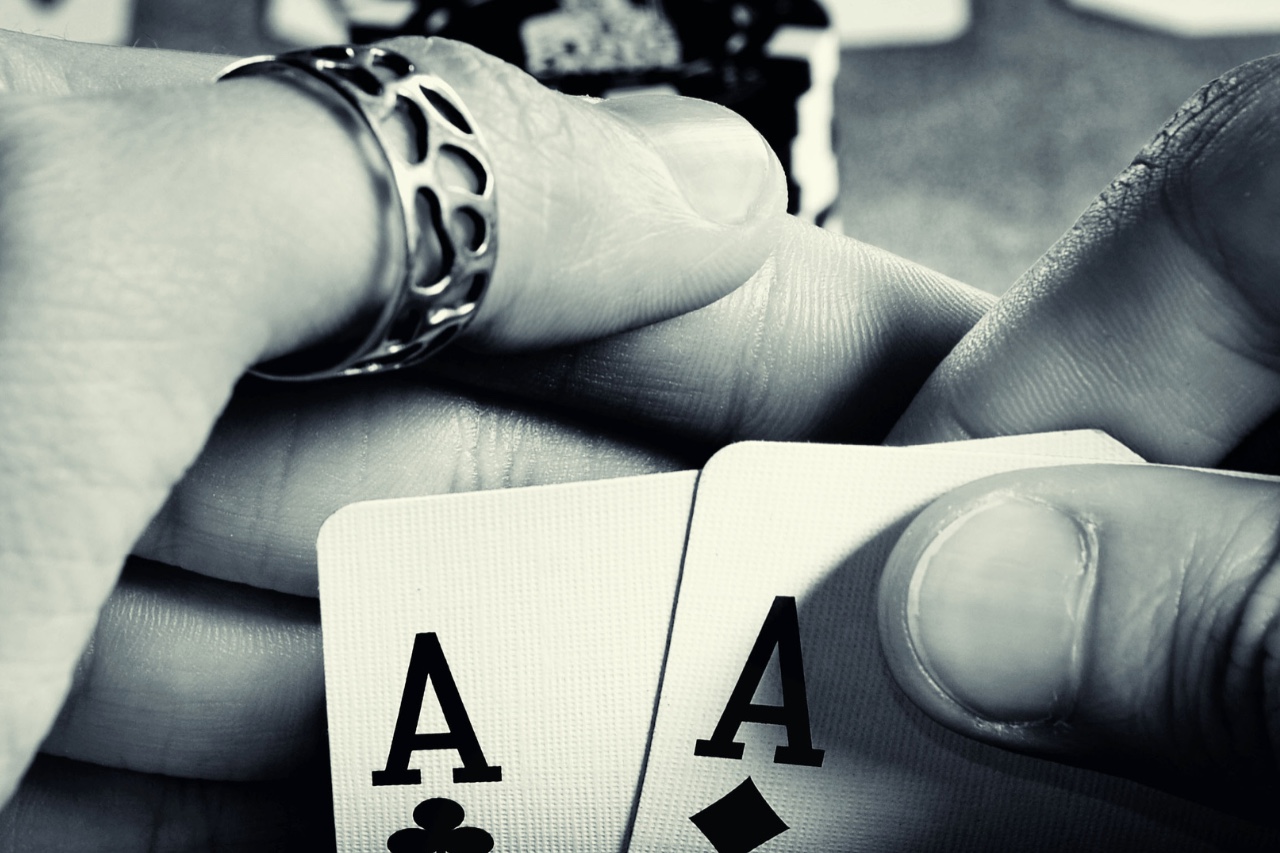Learning from high-stakes tables isn’t just for the professionals—or, it doesn’t have to be. Some people adapt lessons from the game to all sorts of everyday situations, whether they’re weighing a tricky job offer or haggling on a used car lot. Monocle, for instance, points out that professional card players seem to draw on poker habits when managing financial risks, picking up on subtle social cues, or even dealing with situations where nobody really knows how things will land.
The thing is, poker’s unique blend of mathematics and psychology has a reputation for influencing all kinds of decisions, big or small. Current surveys peg the number of people playing some version of poker at over 100 million globally—though, of course, these figures might be a bit fuzzy since playing sometimes happens off the radar.
Risk Management and Decision-Making
Weighing risks—it sounds simple enough, but getting it right is tougher than it looks. Online poker, for instance, illustrates how players often need to balance chance and logic before making a move. It’s just a form of entertainment, but it reflects how every decision under uncertainty involves assessing probabilities and knowing when to step back. A 2022 report from Primedope noted that players who fold at the right time tend to perform better over a year than those who don’t—highlighting how timing and restraint can matter, even in games of chance.
Anyway, these habits find their way into daily money choices, too—before putting cash into, say, a risky decision, or even changing jobs, a bit of calculated restraint might save people from real regret. Deciding to drop a bad hand in cards isn’t all that different from not pouring time or money into a dead-end project, come to think of it.
Emotional Control and Tilt Management
Few skills transfer as directly from online tables to real life as emotional control. A moment of anger, or “tilt” in poker parlance, can destroy hours of solid play. According to Steve Pavlina’s guide on life lessons from poker, losing composure leads to decision errors more often in experienced players during sessions tracked between 2019 and 2022. Out of the game, though, noticing when emotions hijack your focus—and being able to get back on track before a bad mood pulls you way off-course—can save a lot of trouble, both at work and at home.
Watching poker players, you’ll see a lot of pausing, deep breathing, sometimes even little rituals to reset after a setback. Most would probably agree: being able to shrug off the sting of a bad beat and avoid letting one mistake color the next round is invaluable, no matter where you are.
Strategic Thinking and Adaptation
New hand, new story—poker rarely repeats itself. What seasoned players seem to pick up is that survival, and later success, depends on their ability to adapt on the fly much more than on memorizing plays. There’s a 2023 Poker Power survey where more than half of the pros—it’s around 60%—credit the game for sharpening their ability to flex in leadership roles outside poker. Life rarely sticks to the script either: things shift, sometimes suddenly, markets wobble, relationships get weird, and you find yourself needing to rethink your plan.
Some people freeze, others shift tactics, and the ones who fare best seem comfortable with changing direction when the facts demand it. In poker, and out in the world, being willing to adjust goals or strategies without getting tangled up in pride can actually open unexpected doors.
Capital Allocation and Resource Management
Poker, at its core, is an ongoing exercise in what to risk—and when. Those hard lessons about managing a pile of chips? Strangely relevant if you’re budgeting or running a business, too. The trick is figuring out when to push hard and when to hang back so you don’t burn through all your resources. According to research from Frontier Economics, there’s evidence that folks who pay close attention to their chip management tend to rack up far fewer avoidable losses.
That’s a hefty difference. Anyway, this idea carries over to how people spend money, allocate time, or even dole out energy across projects. It’s tempting to chase every opportunity, but sometimes the smarter move is focusing only on what’s most likely to be beneficial. And knowing when to pack it in, rather than forcing a bad situation, offers a real advantage in environments where nobody has endless time or resources.
Thoughts on Responsible Engagement
Trying out poker strategies in real life? Some swear by the boost in confidence—and honestly. Still, things can get messy. Playing poker, whether online or in person, probably calls for clear boundaries. Without that, it’s easy to tip from a harmless challenge into something that’s, well, a problem. If you catch yourself sliding or losing track of limits, there are support lines and resources waiting (people use them more than you’d think).
It’s usually best to stick to using these skills for productive ends—ones that build you up instead of putting you at risk. Either way, careful choices tend to stack up over time, in cards or anything else.




Comments are closed